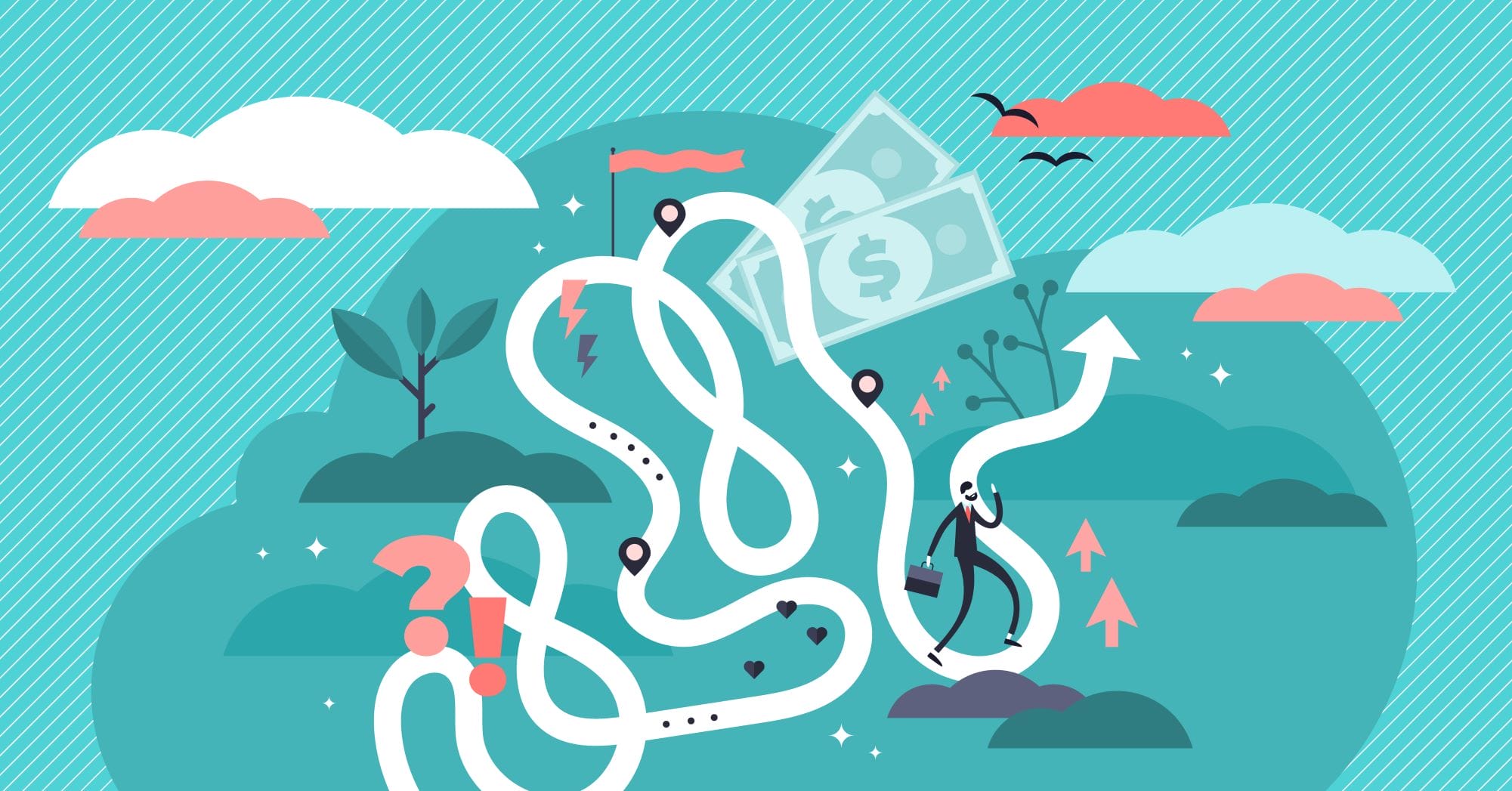How To Start Your Journey Towards Better Money Management


Starting anything can be tricky, and beginning your money management journey can be a little daunting. You may think a healthy financial future requires a doctorate in Math, but that’s not true at all.
Learning basic money management techniques doesn’t need complex computations, but it will require your commitment and resourcefulness. The first few months of money management will teach you about delayed gratification, and once you’ve integrated good money habits, you’re on your way to reaching your goals.
But before you start counting down the days until you can move into your dream house, here’s a brief list of how to start your journey towards better money management.
- Be Specific With Your Goal
The first and foremost thing to do when starting your journey towards better money management is to set a goal and know your numbers. Honestly assessing your financial wellbeing means looking at your relationship with money as objectively as possible and knowing the purpose behind your actions that will lead to your goals.
A simple way to determine your ‘magic number’ is to apply the S.M.A.R.T. goal-setting guidelines to your money management journey.
- Specific: What is the purpose of this journey? Is it for a house or a trip abroad?
- Measurable: How much do you need to achieve this goal? Researching will give you an idea of how much you’ll need for a specific goal.
- Attainable: Is your goal realistic? There’s a difference between looking for a house for your family to live in that’s appropriately priced for your budget compared to thinking of becoming Tom Cruise’s neighbor.
- Relevant: Considering your financial wellbeing, is it worth saving up for, say, a Harley at this stage of your life? How important is this to you?
- Time-Bound: When will you meet this goal? When do you expect to save enough money to pay for your trip to France?
- Re-Calibrate Frequently
Money management is not something you think about once then forget about forever. You will need to do frequent re-calibrations to consider the milestones in your life. Think about your goals when you were still in college compared to your goals after getting married. Are they still the same? Are you earning the same amount of money from your first job? Promotions or job loss can impact your financial health, so frequent re-calibration is necessary.
- Create A Practical Budget
Creating a budget means spending within your means. A practical budget means knowing how to maximize your resources and what expenses need more allocation. Creating a budget appropriate to your lifestyle gives you peace of mind knowing emergencies won’t drain you financially. A budget is also helpful in maintaining your focus on your short and long-term goals.

- Automate Savings
Automating your savings is one of the perks of living in the digital era. This is how you can build your emergency fund. Make sure you don’t touch a certain percentage of your salary each month, then funnel this money to another bank dedicated to your emergency fund. Removing the temptation to spend all your cash helps create the extra cushion for unforeseen events.
- Don’t Forget Insurance
You might think buying insurance for your vehicle or yourself is just an added expense. But come to think of it, the money you’re likely to spend in times of dire need and emergencies is usually more than what you pay for insurance coverage. Immediate out-of-pocket expenses are a bigger blow to your financial health than paying for insurance premiums. You just need to shop around to find the best coverage you can buy for your lifestyle.
- Pay Off Debts
Having a mountain of debt is like running a marathon with a heavy load on your back. The longer you avoid paying your debts, the bigger and heavier they get, slowing you down in your journey towards better financial wellbeing. If you don’t owe the bank or anyone money, keep this up and stay resourceful. Always pay credit card balance in full so interests won’t balloon. Try to live as frugally as you can so you can be debt-free. Otherwise, either look for another source of income that can give you money to pay off a chunk of what you owe or negotiate payment terms with your bank.
Wrapping It Up
Money management is a journey you can start at any age, but of course, the earlier you acquire the necessary skills, the faster you can reach your goals. Mindset plays a significant role in our journey. Being able to visualize your dreams up to the last detail will help you get through moments of weakness and stop you from impulsively buying another gym membership you’ll never use.
Financial literacy entails updating what you know and applying what you’ve learned. This is why re-calibration is a must, especially when milestones in life, like getting married or having a baby, happen. Never forget to save for the rainy days and find ways to protect your assets. Finally, if you can avoid borrowing money from anyone, your journey towards better money management will be one smooth ride.
